Roof Shingles Repairs for Longevity
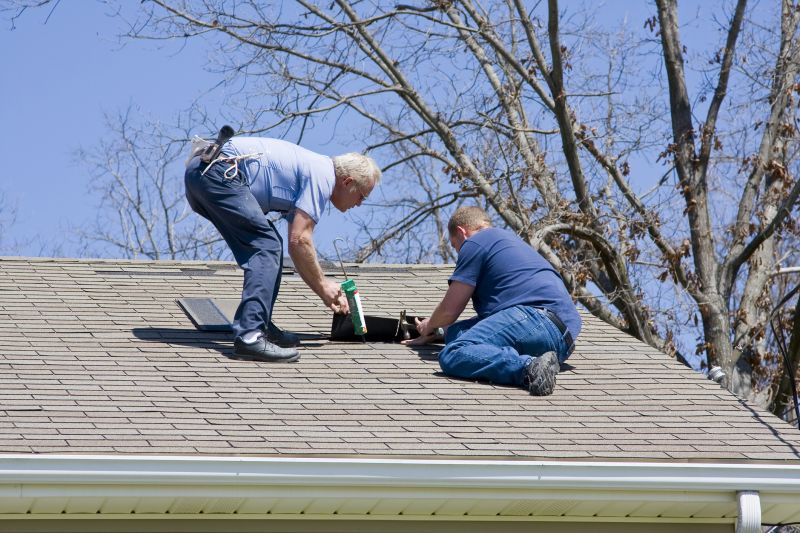
Spring offers moderate weather conditions ideal for roof repairs, reducing the risk of weather-related delays.

Summer provides long daylight hours and warm temperatures, facilitating efficient repairs, though high heat can sometimes pose challenges.

Fall is suitable for repairs before winter, with cooler temperatures and less rain, ensuring proper sealing and installation.
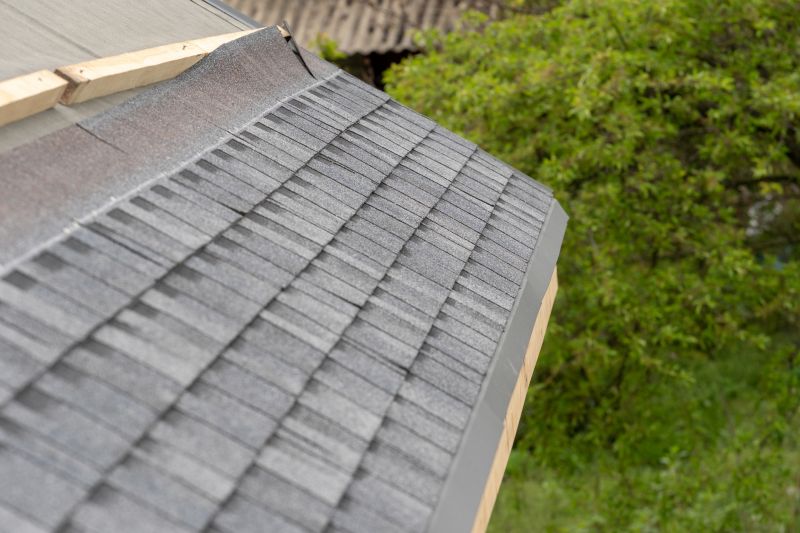
Ways to make Roof Shingles Repairs work in tight or awkward layouts.
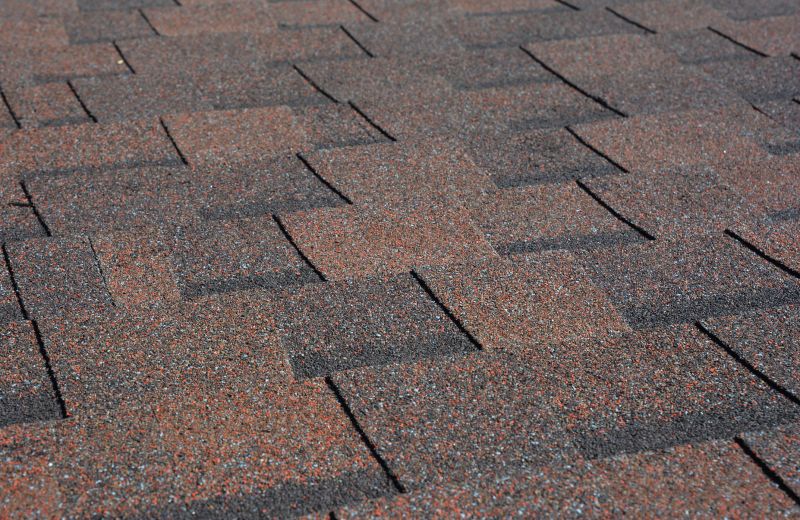
Popular materials for Roof Shingles Repairs and why they hold up over time.
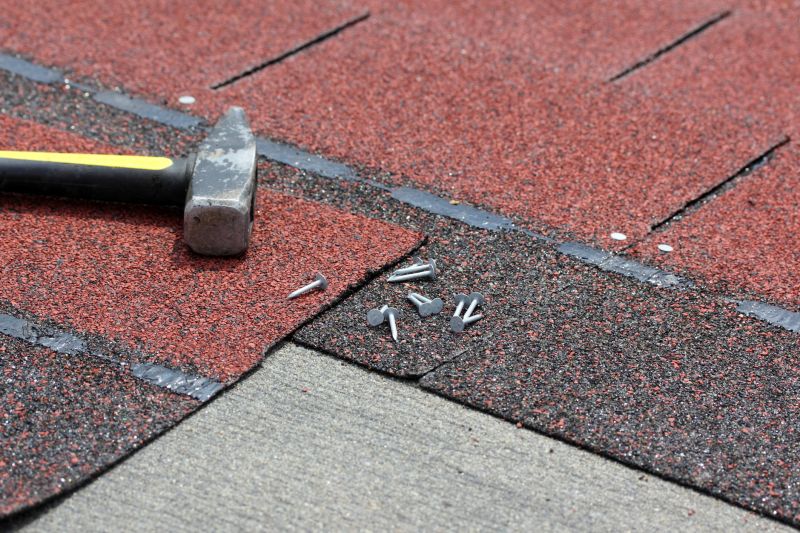
Simple add-ons that improve Roof Shingles Repairs without blowing the budget.
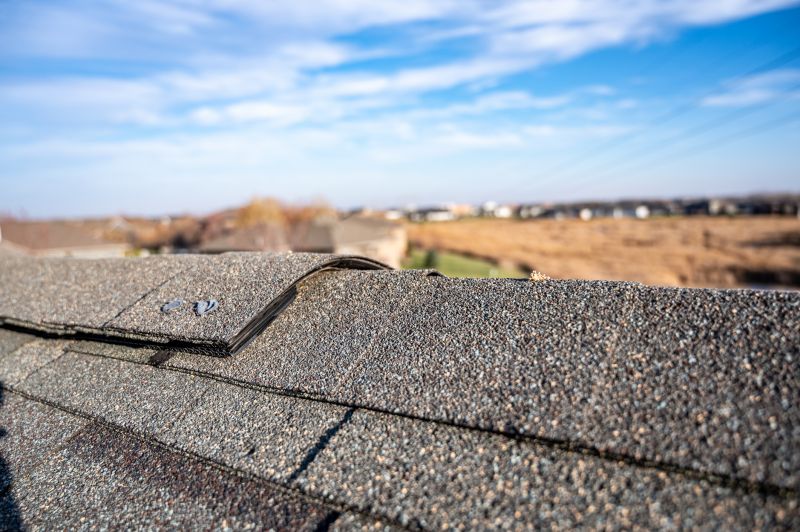
High-end options that actually feel worth it for Roof Shingles Repairs.
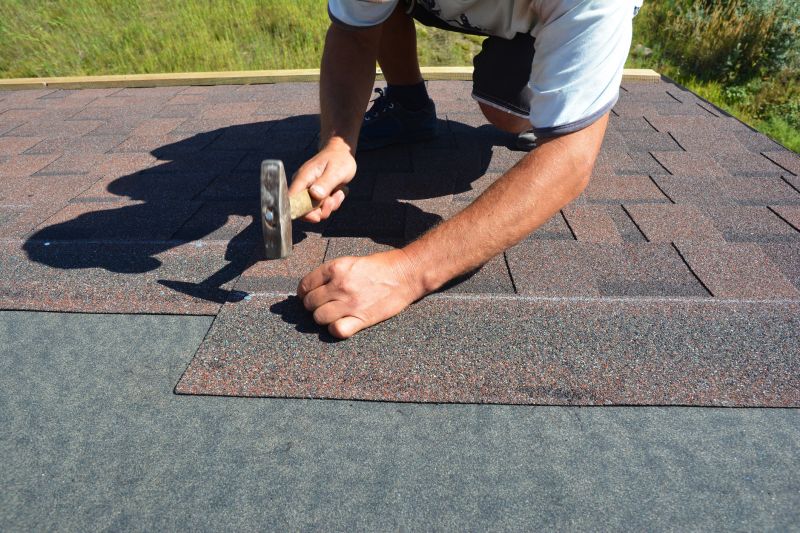
Finishes and colors that play nicely with Roof Shingles Repairs.
Roof shingles repairs are essential for maintaining the integrity and longevity of a roof. Timely repairs can prevent minor issues from escalating into major structural problems. The optimal timing for repairs depends on weather conditions, material durability, and the extent of damage. Properly scheduled repairs can extend the lifespan of shingles, which typically last between 20 to 30 years, depending on the material used.
Weather significantly influences the ideal timing for roof repairs. Avoiding harsh winter conditions prevents damage caused by snow and ice accumulation.
Certain shingle materials, like asphalt, perform best when installed during mild weather to ensure proper adhesion and sealing.
Early repairs after detecting damage can prevent leaks, mold growth, and structural deterioration.
Regular inspections, especially after storms, help identify issues early and determine the best time for repairs.
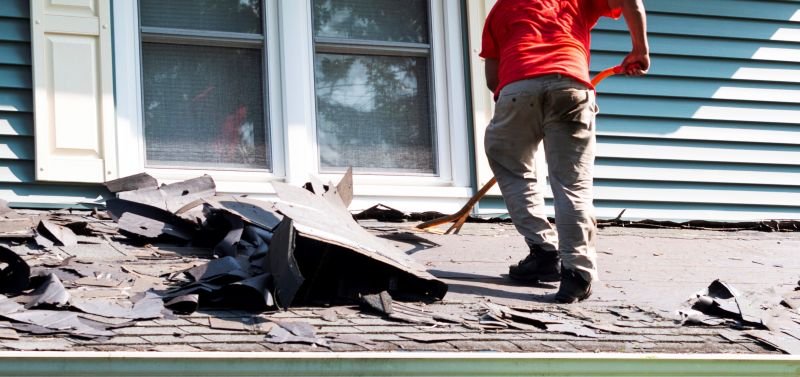
A typical repair involves inspecting damaged shingles, removing broken pieces, and replacing them with new shingles.
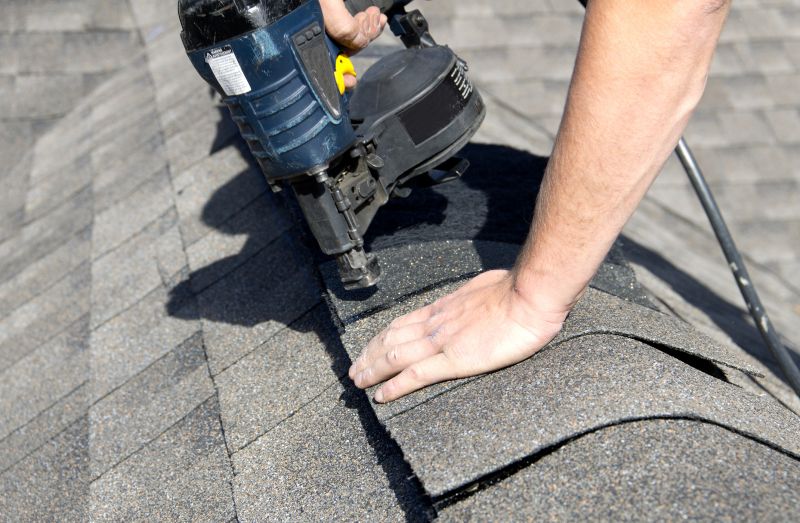
Specialized tools like pry bars, roofing nails, and sealants are used to ensure secure and long-lasting repairs.
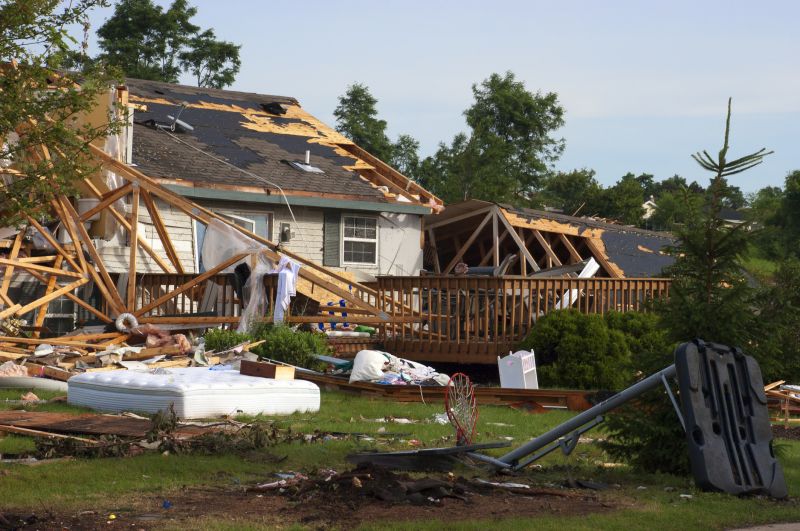
Storms, high winds, and falling debris are primary causes of shingle damage requiring repairs.
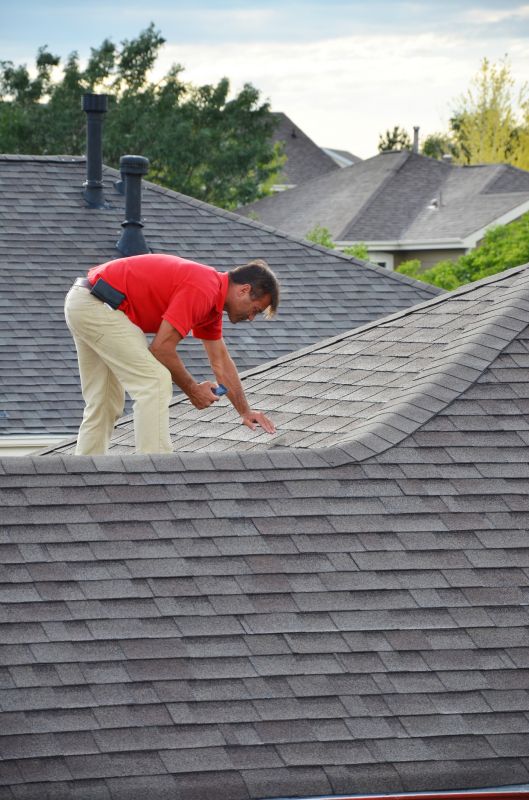
After repairs, a thorough inspection ensures all damaged shingles are replaced and the roof is sealed properly.
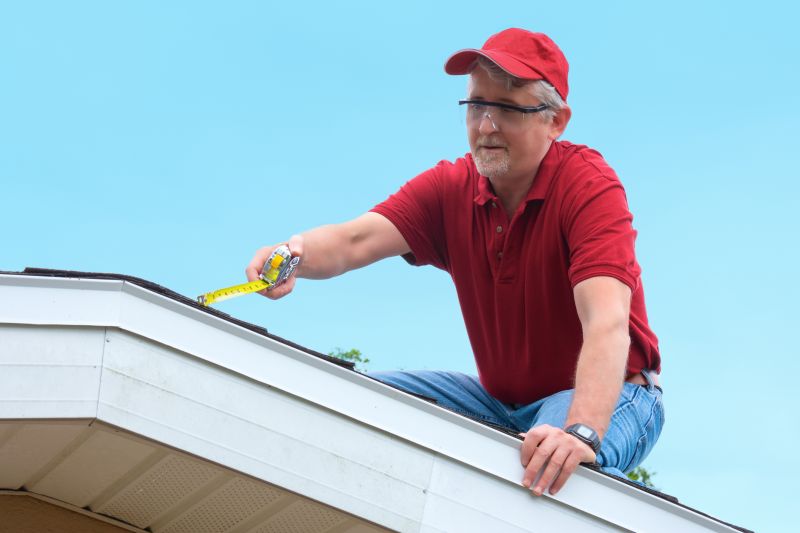
Little measurements that prevent headaches on Roof Shingles Repairs day.
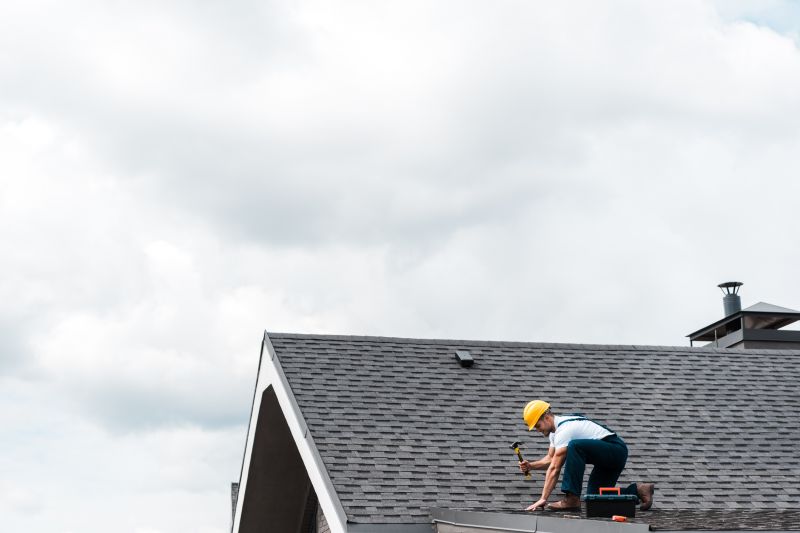
A 60-second routine that keeps Roof Shingles Repairs looking new.
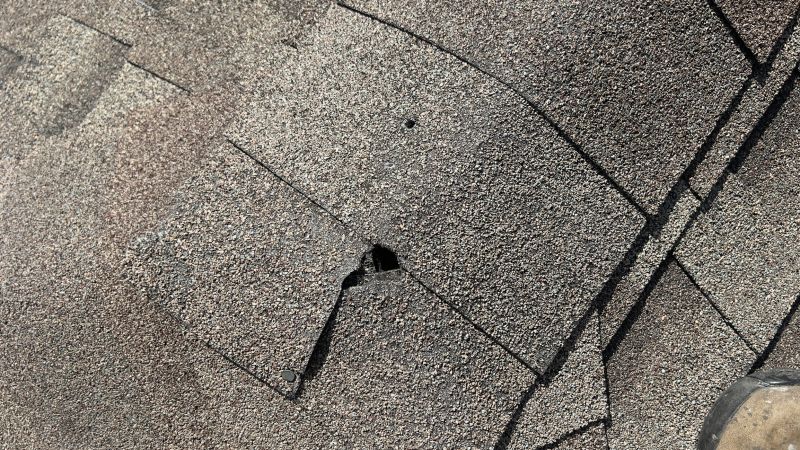
A frequent mistake in Roof Shingles Repairs and how to dodge it.
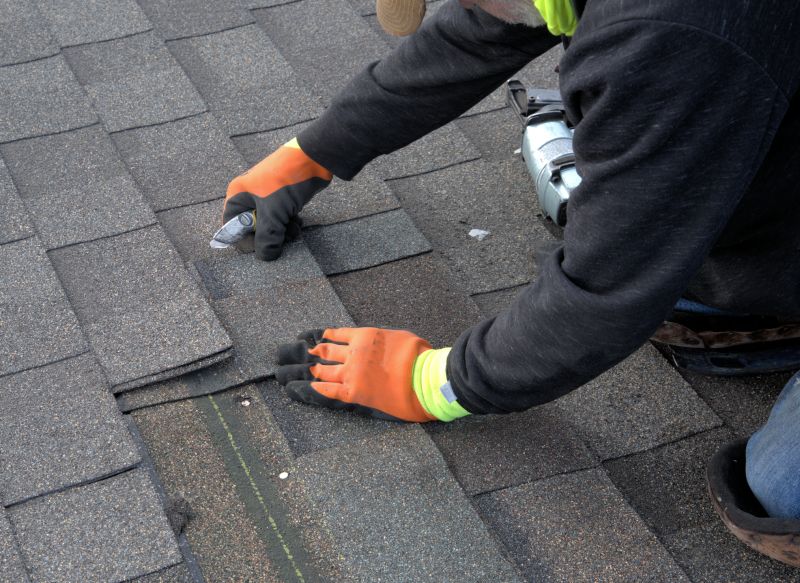
Small tweaks to make Roof Shingles Repairs safer and easier to use.
| Season | Advantages |
|---|---|
| Spring | Moderate weather ideal for repairs, reduces delays. |
| Summer | Long daylight hours, warm temperatures for efficient work. |
| Fall | Prepares roof for winter, cooler temperatures, less rain. |
| Winter | Generally not recommended due to snow, ice, and cold temperatures. |
Choosing the right time for roof shingles repairs can significantly influence the durability and effectiveness of the work. Proper scheduling ensures that repairs are completed under optimal conditions, which helps in achieving a longer-lasting roof. Regular maintenance and timely repairs can also prevent costly replacements and extensive damage.
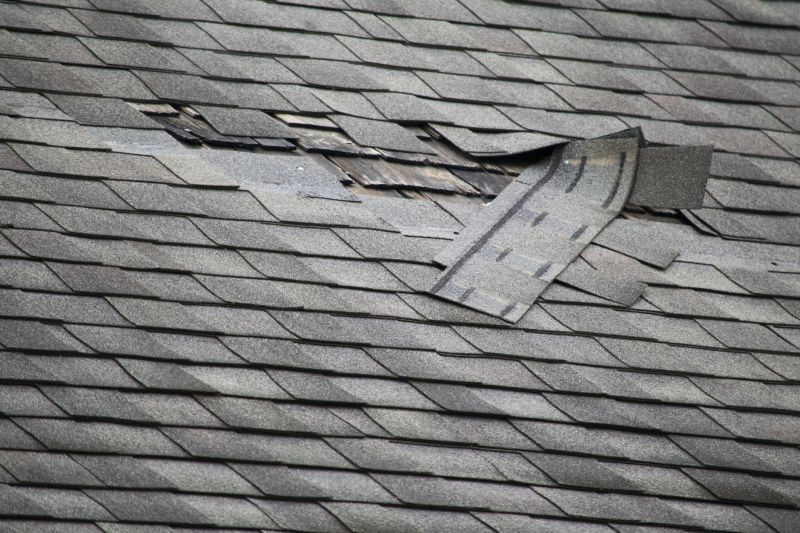
Cracked or missing shingles are common issues that need prompt attention.
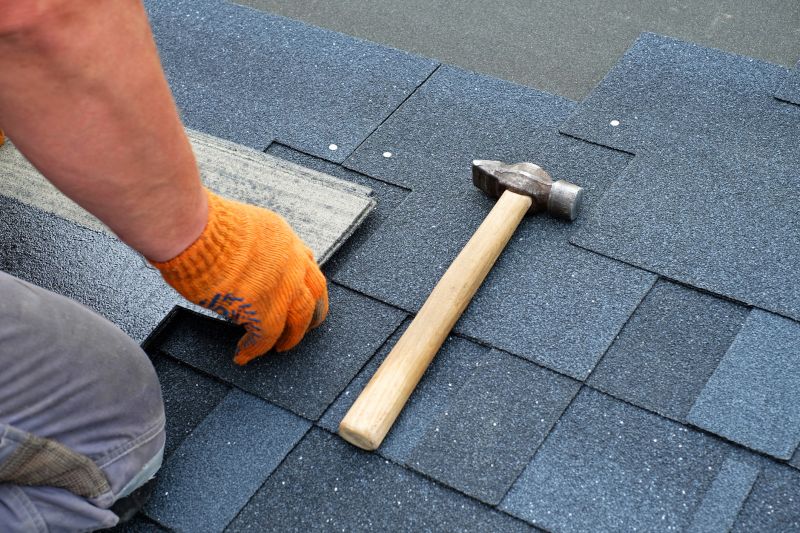
Using the right tools ensures secure attachment and sealing of shingles.
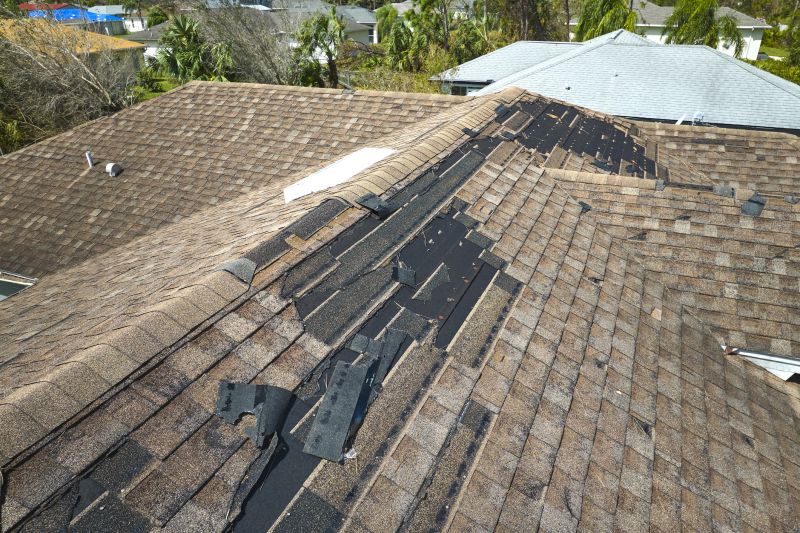
Storms can cause immediate shingle damage requiring quick repairs.
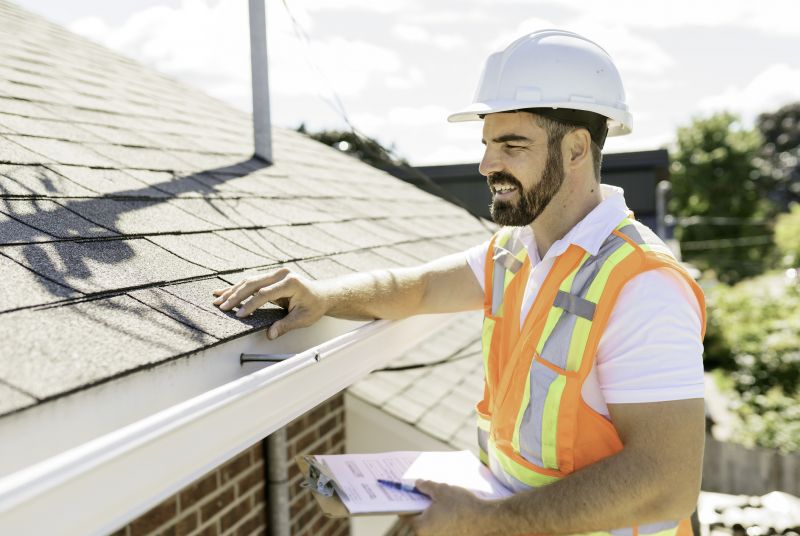
Regular inspections help identify issues early and plan repairs accordingly.
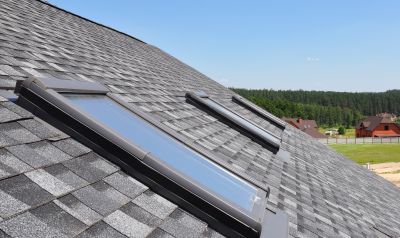
Lower-waste or water-saving choices for Roof Shingles Repairs.
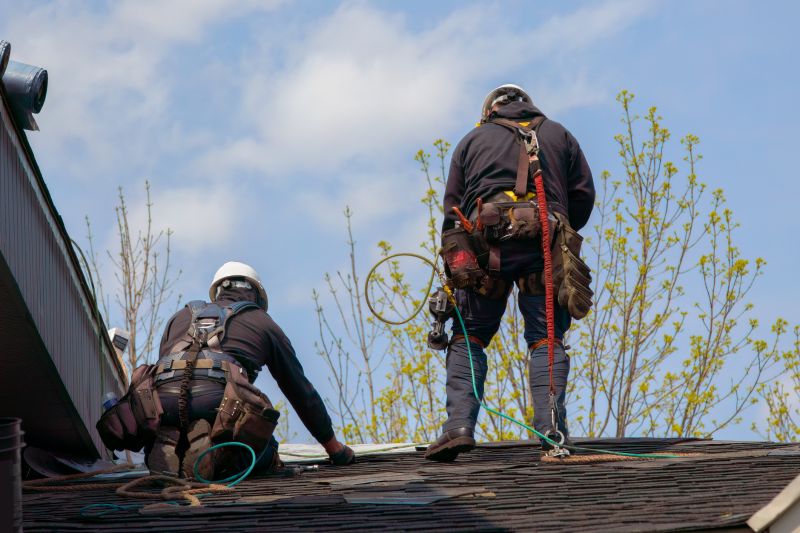
The short, realistic tool list for quality Roof Shingles Repairs.
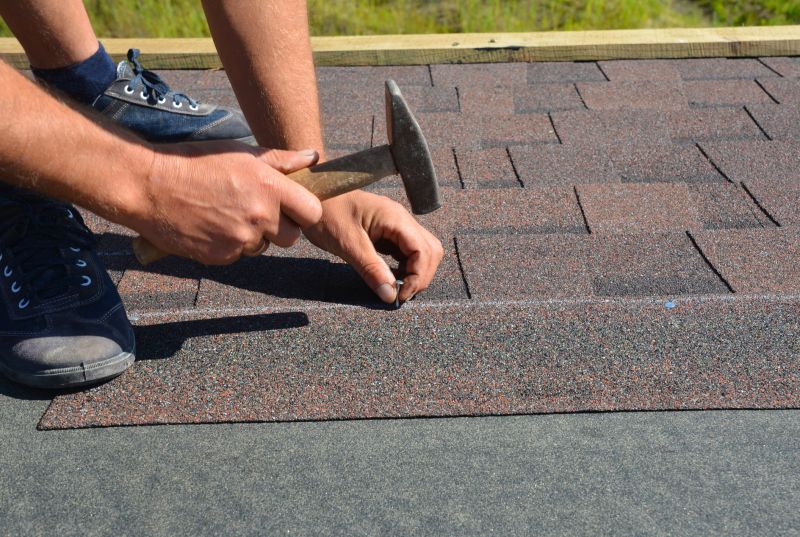
Rough timing from prep to clean-up for Roof Shingles Repairs.
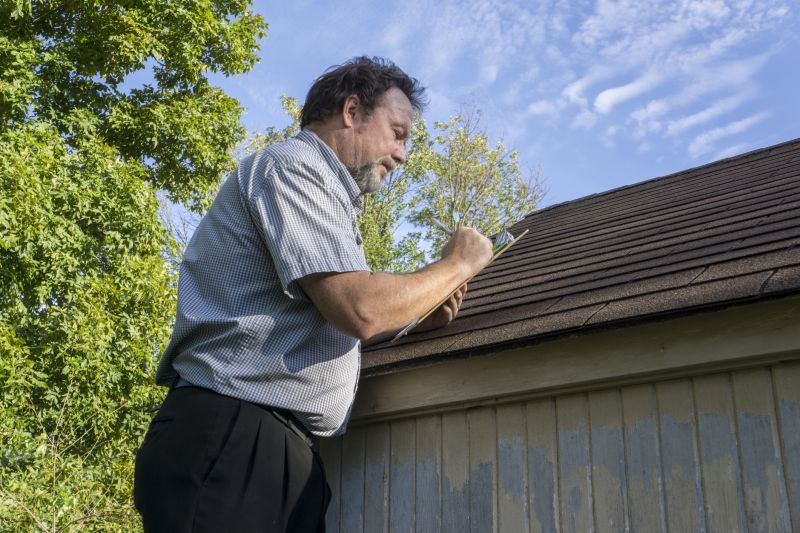
Quick checks and paperwork to keep after Roof Shingles Repairs.
Interested in roof shingles repairs? Filling out the contact form can provide additional information and assistance tailored to specific needs.
